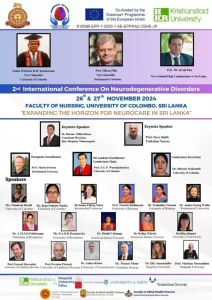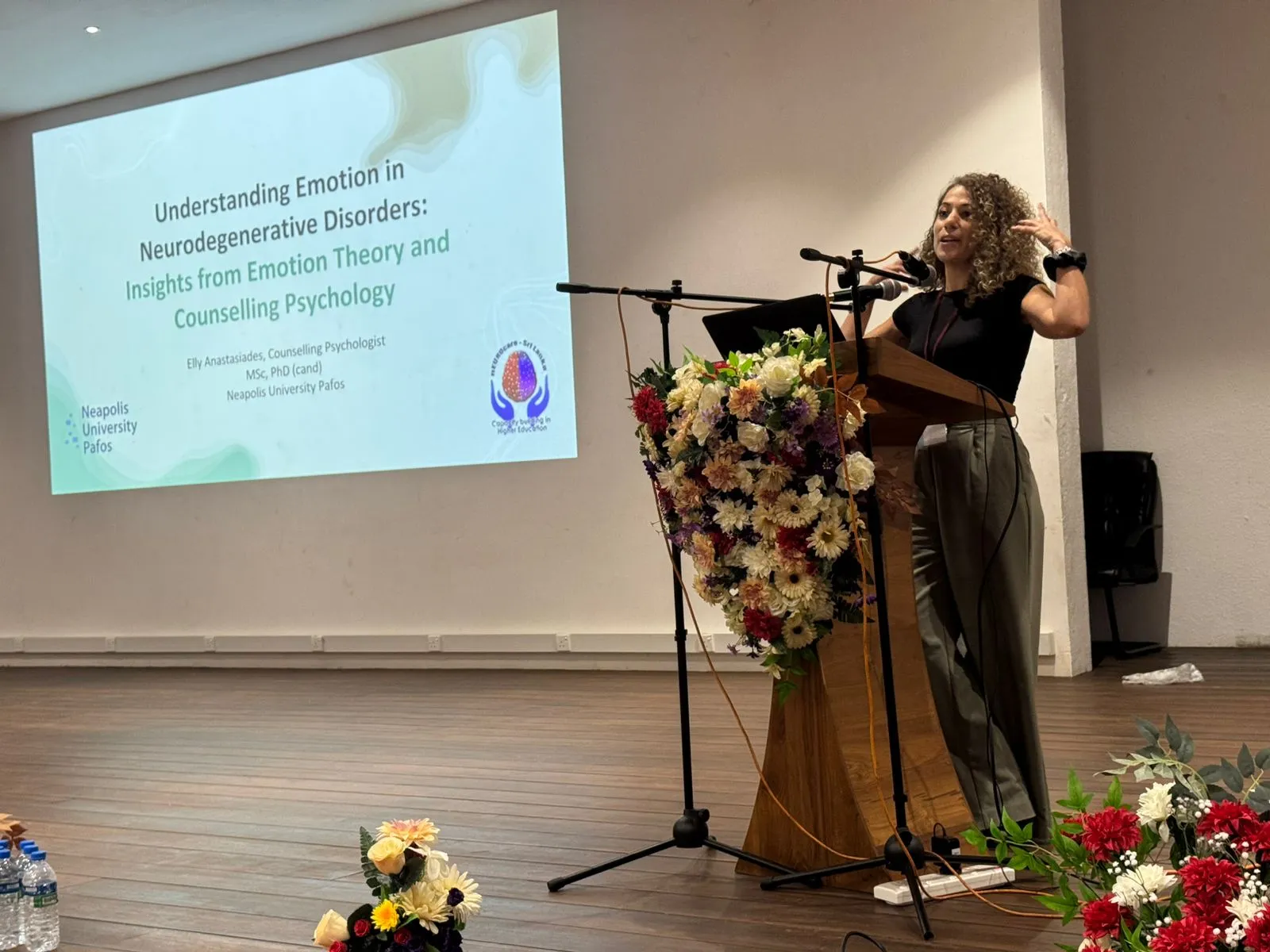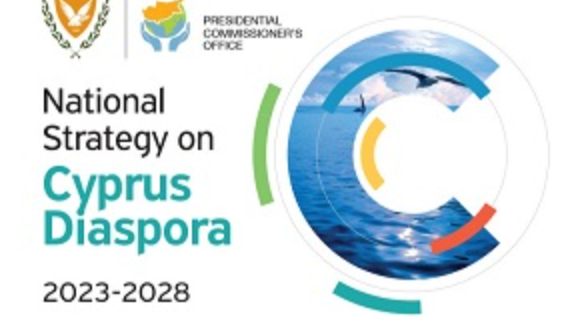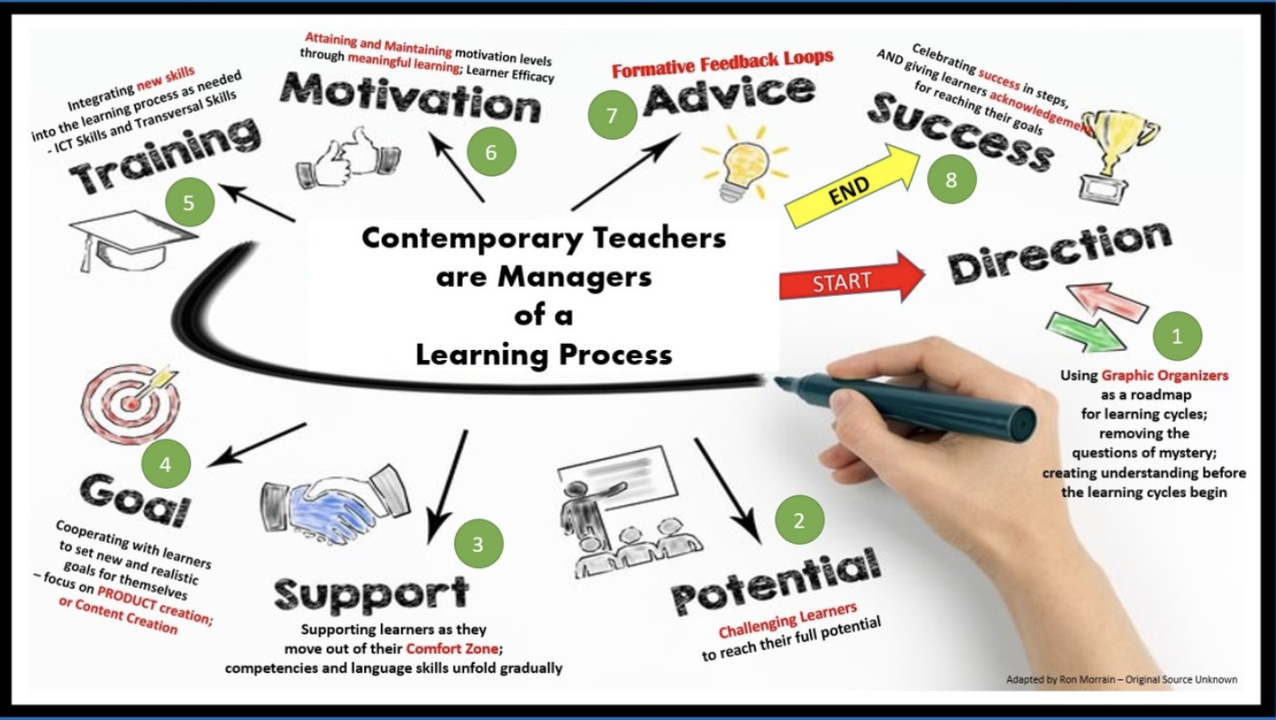Introduction
Elly Anastasiades delivered an insightful presentation on November 26th at the Faculty of Nursing, University of Colombo, Sri Lanka, during the conference “Expanding the Horizon for Neurocare in Sri Lanka.” Her presentation focused on the essential role of emotions in human experience and the specific challenges neurodegenerative disorders (NDDs) create for emotion processing and regulation.
Understanding Emotions and Their Significance
Emotions are integral to human experience, shaping our interactions, decisions, and well-being. This presentation delves into the core of emotions, drawing from emotion theory and counseling psychology. It explores the purpose of emotions, their connection with the body and conscious thought, and the concept of emotional intelligence.
Impact of Neurodegenerative Disorders on Emotions
Neurodegenerative disorders (NDDs) present unique challenges in emotion processing and regulation. These disorders can disrupt the expression and management of emotions, often resulting in emotional instability and dysregulation. The presentation highlights how NDDs affect the interplay between emotions and cognitive functions, leading to significant emotional challenges for individuals.
Practical Strategies for Emotion Regulation
Integrating theoretical insights with practical tools, the presentation offers strategies to support emotion regulation in individuals with NDDs. These strategies aim to enhance patient care by providing practical approaches to manage emotion-related challenges effectively.
Lessons Learned and Advice
From this presentation, we learn the profound impact emotions have on human life and the complexities introduced by neurodegenerative disorders. Key takeaways include:
- The importance of understanding and acknowledging the role of emotions in overall health.
- Strategies to support individuals with NDDs in managing emotional dysregulation.
- Practical approaches to improve emotional well-being and patient care.
Global and Local Benefits
This presentation is highly beneficial not only to Sri Lanka but also globally. By addressing the emotional aspects of neurodegenerative disorders, it provides a comprehensive approach to patient care, which is crucial in a global healthcare context. In Sri Lanka, this knowledge can help improve the quality of neurocare, leading to better patient outcomes and overall well-being. Globally, these insights can contribute to developing standardized practices for managing emotional challenges in neurodegenerative disorders, promoting a more holistic approach to healthcare.









